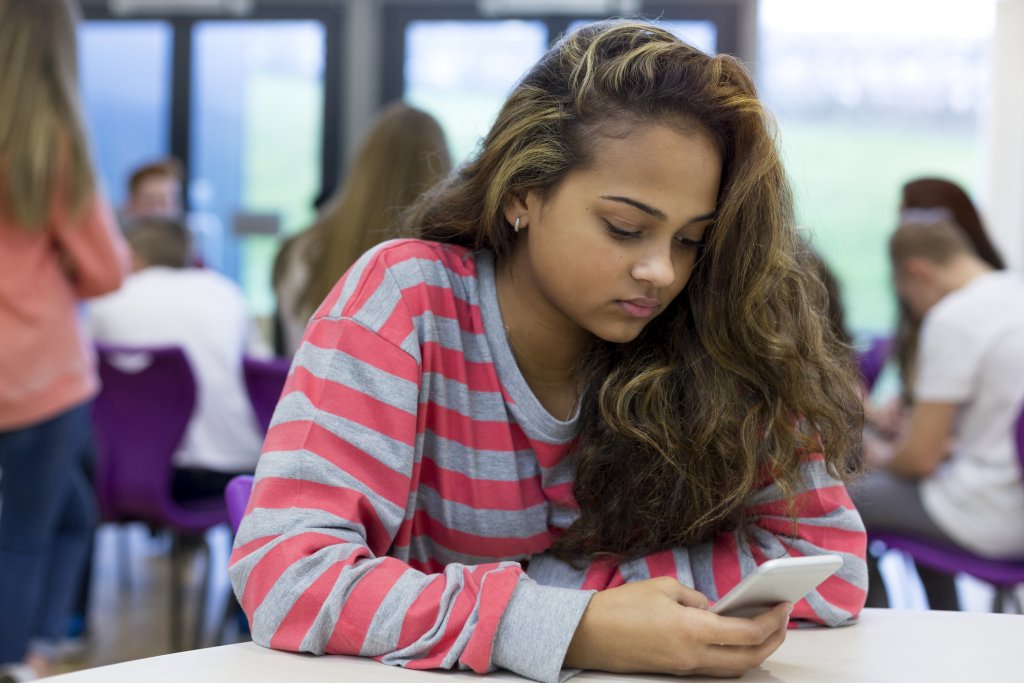 Nearly 1 in 5 NZ teens unable to take part in daily activities due to negative experience online
Nearly 1 in 5 NZ teens unable to take part in daily activities due to negative experience online
New research by online safety organisation Netsafe and the Ministry of Women has found that nearly one in five New Zealand teens are unable to take part in daily activities due to a negative experience online over the past 12 months.
The study reveals that Kiwi teenagers are twice as likely as adults to be negatively affected by harmful communications online. The research also showed that younger teenagers (aged 14 and 15) are at greater risk of harm.
Netsafe’s CEO Martin Cocker said he was concerned when he heard the rates of harm were high. “There can be a perception that because teenagers have grown up with technology they know better than adults how to manage things that happen online. What this research shows is that many young people are facing big challenges online and they need our support with managing them.”
The research highlighted that girls were at a higher risk of being harmed by online communications than boys were. It also found that teenagers aged 14 or 15 were more likely to say that an unwanted communication online had made it difficult for them to take part in their usual daily activities – this included being unable to go to school or study, not being able to participate online as usual or being unable to eat or sleep properly.
“This research shows that for girls, social media was the most common place for a harmful online communication to occur, while for boys it was on online games. We encourage parents to use this information to start a conversation with their kids about what they’ve experienced online and if they know what to do if they need help,” Martin said.
The majority of unwanted digital communications were sent by a friend, with just over a quarter of teens saying the online communication was linked to something that was also taking place offline.
Teenagers with disabilities were more negatively impacted by harmful experiences online than teenagers without impairments. The study also highlighted that teenagers’ experience of harm online differed by ethnicity, with Māori and Pacific teenagers reporting they were more likely to have received an unwanted digital communication in the last 12 months.
The research has been undertaken in partnership with the Ministry of Women, as part of a joint project aimed at better understanding the online behaviour of young New Zealanders.









